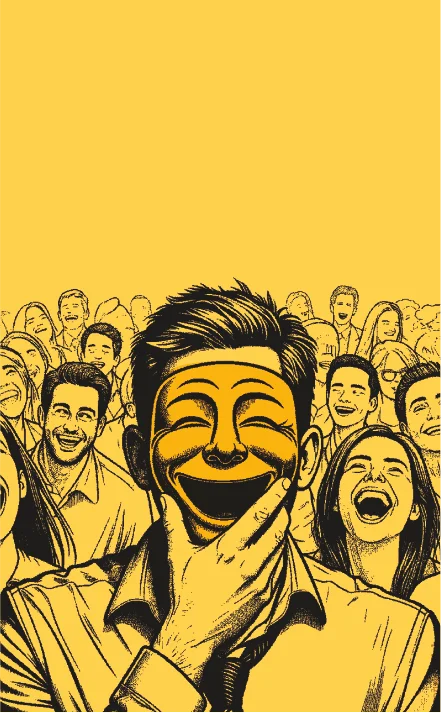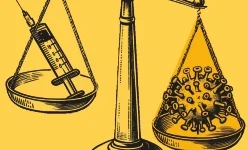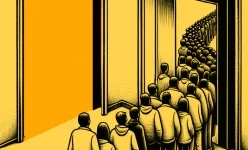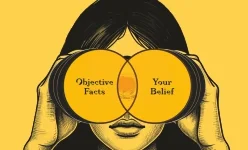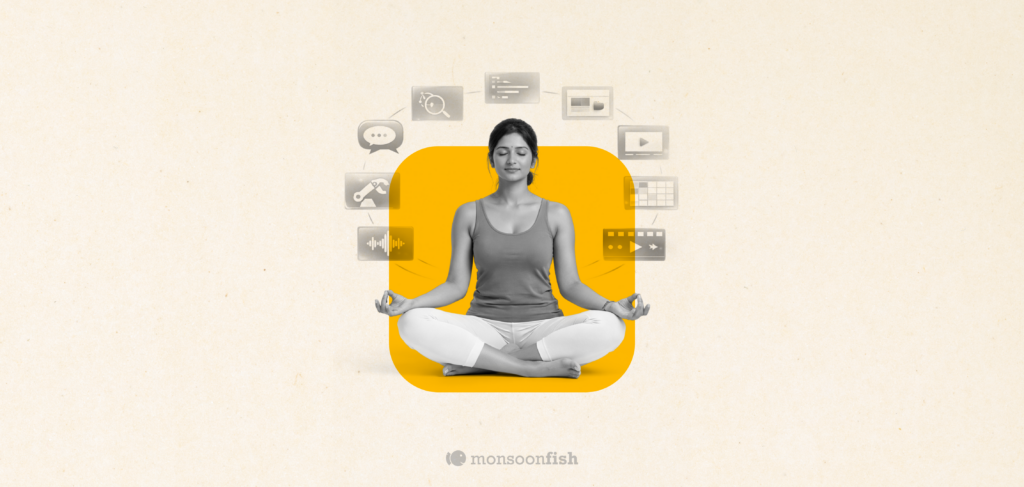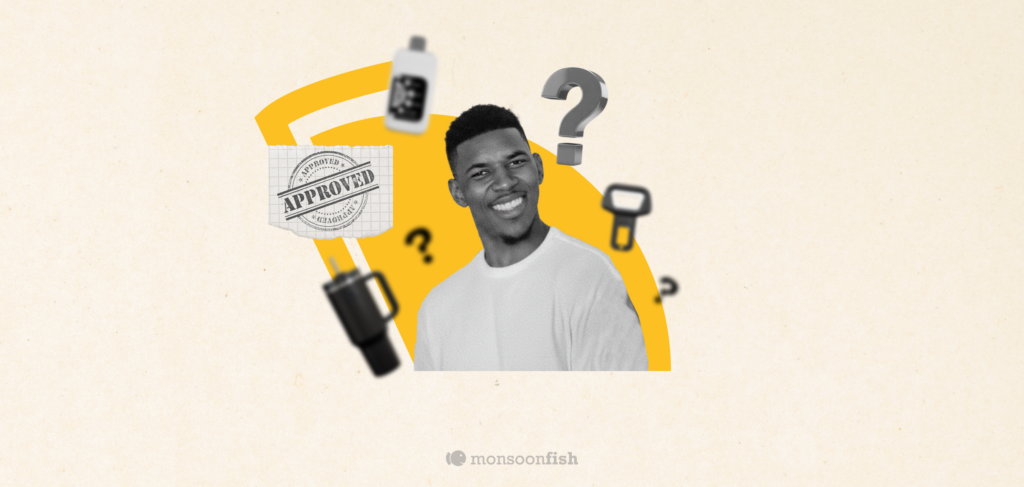The office wellness challenge had everyone talking. Employees were encouraged to adopt healthier habits, track their progress, and share updates in the company chat. At the end of the month, the top three participants would receive a prize.
Daniel signed up enthusiastically, though he wasn’t exactly a fitness fanatic. His colleagues shared updates about their morning runs, healthy meals, and meditation routines. Not wanting to seem lazy, Daniel joined in, posting about his “daily smoothies” and “weekend hikes”—except he wasn’t actually doing any of it. In reality, his mornings started with coffee and a bagel, and weekends were spent binge-watching shows.
As the challenge wrapped up, Daniel was surprised when he was called out as one of the top performers. His posts had created the impression that he was fully committed, and now, he was expected to share his “wellness journey” at the final event.
Standing in front of his colleagues, he felt a pang of guilt. He had wanted to fit in and be seen as someone making healthy choices, but in doing so, he had misrepresented himself. His attempt to appear a certain way had led to a false perception, and now, he was stuck maintaining that illusion.
This situation is an example of social desirability bias—the tendency to present ourselves in a way that seems more acceptable to others, even if it’s not entirely true. Daniel’s desire to be seen as health-conscious influenced his behavior, making him exaggerate his actions to align with social expectations. But in the end, the pressure to maintain this image made him realize the value of being genuine, even if it meant admitting he wasn’t as dedicated as he had claimed.

